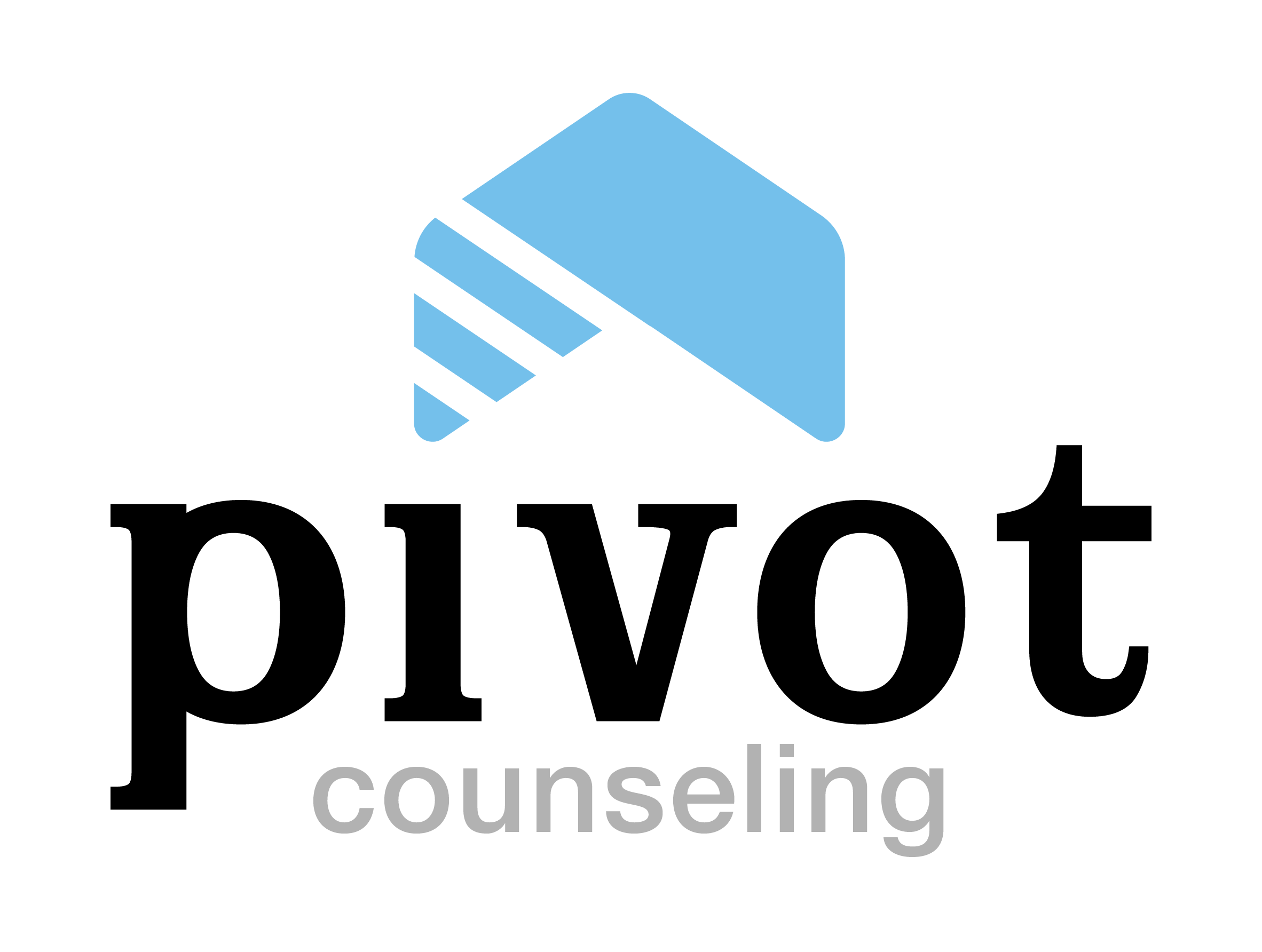What is the difference between psychotherapy, counseling, and coaching?
Sometimes the terms psychotherapy, counseling, and coaching are used interchangeably but there are some subtle differences! In many ways, they are all very similar. The primary way of engagement is usually through talking things out with a professional to achieve certain goals. The main difference is the area of focus though some interventions may have overlaps. That means that what is done in these sessions may be the same at times.
Let’s start by defining each one and its focus. Psychotherapy is essentially talk therapy in better understanding psychological processes and how that affects your daily life. Don’t let the term psychotherapy scare you! It is just a fancy way of saying counseling. The focus, however, often times targets pathological or troublesome symptoms and how to reduce or get rid of them. So yes, psychotherapy tends to focus on the negative stuff.
Counseling is the more common term that people use for a wide variety of talk therapy. It moves away from only mental health professionals and can apply to a lot of other professions. There is pastoral counseling, genetic counseling, career counseling, substance-abuse counseling, rehabilitation counseling, and many more! The term counseling often implies giving advice, support, recommendations, and wisdom. The type of counseling differs in the source of where that wisdom lies depending on one’s needs. I personally like the term counseling because it takes away some of the unnecessary psychological jargon and makes the support more accessible and mainstream for people.
Coaching tends to focus on getting someone to the next level assuming that many things are already working in a person’s life. Coaching is often used in sports to get athletes to not only perform well but to help them be at their personal best. In the realm of counseling, coaching is often utilized to help an individual in a certain arena to be the most effective possible. It is taking something like a good marriage and creating a great marriage. I also like the term coaching because it is more commonly used in a positive way without stigmatizing the individual.
To use an analogy to compare these three concepts, I like to use the visual of a thermometer or land. Psychotherapy is helping someone go from the negative temperature to a normal, more middle ground temperature. It is to help people feel less distressed and comfortable again. Coaching is getting someone from the neutral to the positive temperature. This analogy does not work as well because more temperature is not always better… desert highs are definitely not my cup of tea! In terms of land, psychotherapy is helping someone get out of the deep hole in the ground him back to the surface. Coaching is using the platform of the surface to build a house or a skyscraper. Counseling can encompass a little bit of both directions!
The last point I want to make is that psychotherapy (getting you out of the negative and back to neutral) requires a licensed professional because mental health challenges can be very complicated with risks involved so you want someone who is trained to take good care of you in the case that things go really south (especially when high risk behaviors like suicidal attempts, self-harm, or homicidal tendencies get involved). Life coaching, though recommended for some version of certification, does not need to be licensed. I strongly believe that licensed professionals are equipped to do both and can move the treatment goals from psychotherapy to coaching when the client is ready. So wherever you may be in this season of life, counseling can benefit you! For more entries like this, please visit me on my blog.


